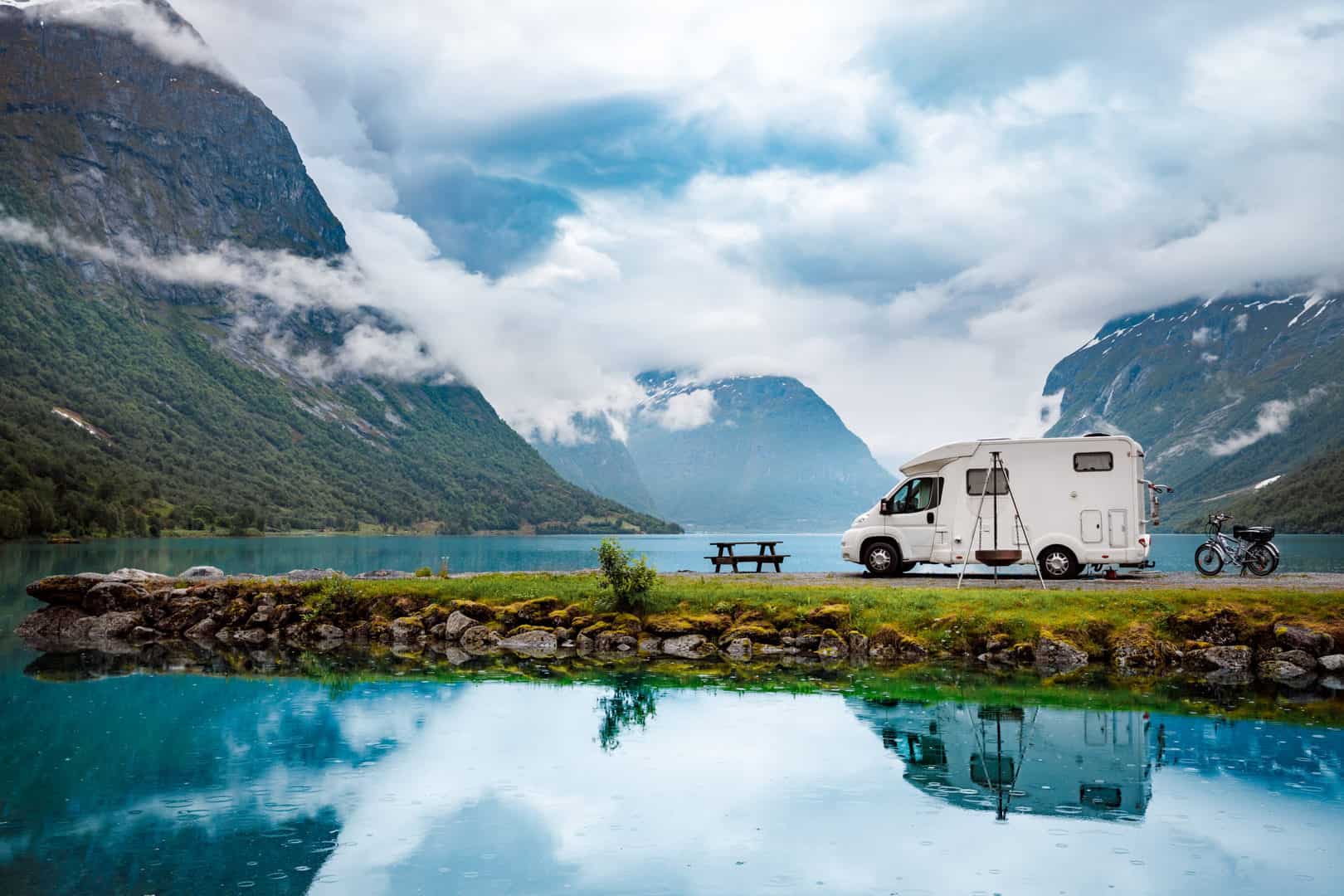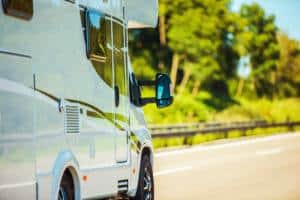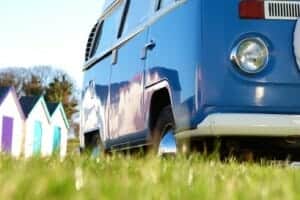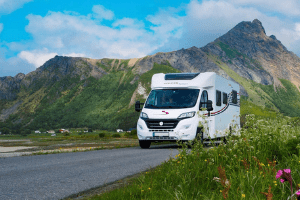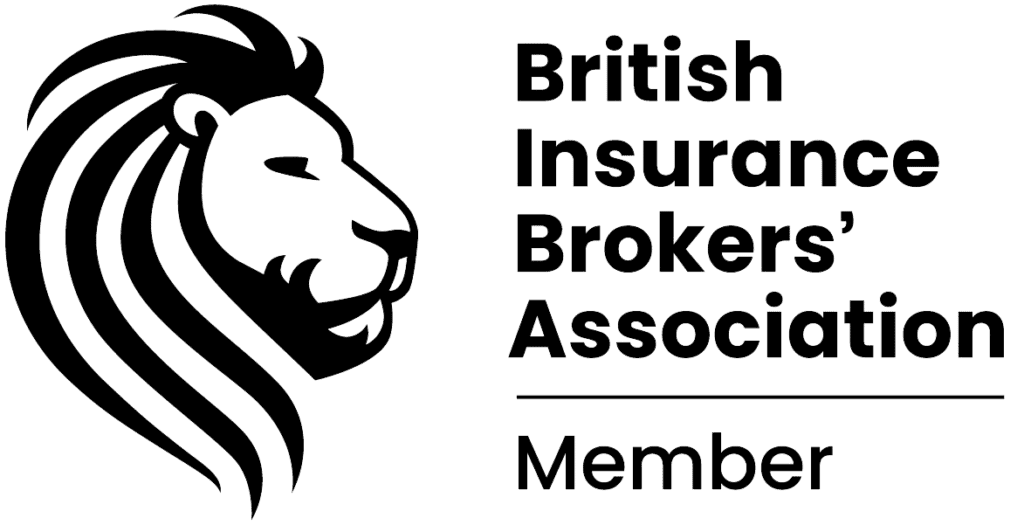Hotels and villas are all well and good, but nothing gives you the freedom to explore quite like travelling in your very own motorhome. But while spontaneity plays a big part in motorhome holidays, preparation can help you make the most of your trip – here’s our motorhome in Europe guide.
How to tour Europe in a motorhome – planning is key
Planning your adventures doesn’t mean writing out a two-week European road trip itinerary with every hour accounted for, but it is a good idea to have some sort of plan. Not only will this help you be more efficient in terms of mileage and fuel, but it also gives you an idea of what to pack – as well as minimises the chances of you getting lost. Think about:
- Destination – knowing where you want to go will help you determine the best route, as well as help you plan stop offs along the way. You can buy motorhome specific sat-navs from well-known brands such as Garmin and TomTom which will plot a route based on your motorhome’s dimensions. Bear in mind that these sat-navs can be expensive (often over £300). Alternatively, you can find similar features in some app-based motorhome route planners for Europe (such as Co-Pilot) for your phone or tablet; they’re also significantly cheaper.
- Currency – remember, not all countries in the European Union (EU) use the Euro so check before you go. For instance, Croatia uses the Kuna, the Czech Republic has the Koruna and in Poland, they use the Zloty. Other popular European destinations like Switzerland, Iceland and Norway are not actually part of the EU so if you’re passing through stock up with what you need.
- Activities and trips – the beauty of touring Europe in a motorhome is that you can set your own schedule but if you want to make the most of your time, plan trips and activities in advance – you might even benefit from early bird booking. Plus, making a note of any relevant opening times or seasons as well as parking facilities will help avoid disappointment.
Stop offs and overnight parking
Fully equipped camp sites with lots of facilities are the obvious choice but pitching up at a ‘wild camping’ or motorhome ‘Aires’ site can cost far less.
Aires are usually owned by local authorities but there are privately owned sites too so cost and facilities can vary – some are free or cost little more than a couple of Euros per night. You can usually expect to find a wastewater disposal point and in some cases, you’ll also be able to fill up with fresh water too – although some Aires may charge extra for this.
France has by far the most Aires in Europe – around 4,000 dotted around the country. In Spain and Portugal, Aires are known as Area para autocaravana (Areas AC) while in Germany and Austria they’re called either a Stellplatz or Reisemobil-Stellplatz.
Aires operate on a first-come, first-served basis so you can’t book a spot in advance. Popular sites get full quickly so if you want to pitch up somewhere specific, aim to arrive early afternoon. You can find an Aires using apps like: Campercontact.com, Park4Night.com, and Pitchup.com.
Essential motorhome kit and gadgets
Ultimately, what you need will depend on whether you’re taking a short break or planning on living in a motorhome in Europe for an extended length of time. But clothes and cupboard supplies aside, there are a few other essentials worth organising beforehand, for example.
- Alternative power source – electrical hook-ups aren’t always guaranteed, so consider getting an inverter which draws and stores power from your leisure battery. You can then plug in any mains appliances (like a hairdryer, laptop or toaster) as normal. The more power you use, the quicker the battery will drain so it’s wise to do some research about what you might need. As a general rule of thumb, the higher the wattage the more appliances you can power.
If you’re planning on staying off the beaten track, it could be worth having a back-up generator as well.
- Wi-fi – if you’ve got a smartphone with mobile hotspot facility you can simply ‘tether’ or piggyback your devices to your phone’s signal. The disadvantages are that this will eat into your phone’s data package and not all phones will let you do this.
If this isn’t an option, you can buy a dedicated mobile hotspot instead (sometimes called a mi-fi). These are essentially mini routers like the one you have at home with a wi-fi signal so you can access the internet on more than one device. You can buy mi-fi devices from most mobile networks (such as EE, Vodaphone, O2 and Three).
- SOG kit – you can minimise nasty smells by fitting a SOG extraction fan unit to your cassette toilet instead of using chemicals – ideal for long trips.
Of course, there are plenty of other gadgets and gizmos aimed at making touring Europe in a motorhome easier, so for more ideas, take a look at our top 50 list.
Keep thieves at bay
Opportunistic thieves will always try their luck so as well as making sure windows and doors are locked, think about investing in a few extra security measures, like wheel clamps and a steering wheel lock.
Plus, if you don’t want to carry valuables like your passport around with you, you can buy lock boxes that can be mounted anywhere in your motorhome.
Plan for emergencies
The European equivalent of dialling 999 is 112. You can use this number to reach the police, ambulance, and fire brigade. It’s free to call and you can use it in all EU member states as well as Albania, Georgia, Moldova, Iceland, Montenegro, Norway, Serbia, Switzerland, and Turkey.
Paperwork for touring Europe in a motorhome
Needless to say, you should make sure your motorhome is taxed and has a valid MOT – and while you don’t necessarily need proof of this on your travels, you might want it just in case. However, you will need to take:
- Your photo driving licence.
- Your motorhome log book (V5C) – the original and not a photocopy.
- A VE103 certificate – only if your motorhome was hired in the UK.
- A copy of your motorhome insurance certificate – it’s also a good idea to take a copy of your policy.
- Pet passport or documents.
If you’re planning on spending the new year in Europe or travelling on or after 1 January, 2021, you might need extra documents such as an international driving permit (IDP) and an insurance green card which is additional proof that you’re covered.
Equipment for touring Europe in a motorhome
Your motorhome might give you the freedom to explore but you’ll still need to abide by regional rules and regulations so it’s crucial (and good manners) to read up on local laws wherever you go. Typical items you might be expected to have include:
- High-vis vest for every person.
- Warning triangle.
- First aid kit – this is a legal requirement if you’re travelling in Austria, Germany, and France.
- Headlight converter stickers.
- Emission permits and stickers – these vary by country and you may have to buy them in advance, so plan ahead.
- Winter tyres and snow chains – you might need these by law if you’re heading to the mountains, but this varies by country.
Toll roads
Toll roads are common in mainland Europe (there are more than 90 in France alone compared to about 23 in the UK). Not only can this slow down your journey as you wait to pay at toll points, it also means remembering to keep change handy.
You can avoid this by buying a toll-tag upfront – ones from Emovis-tag cover roads in France, Spain and Portugal. These are scanned at the toll point with the amount taken by direct debit at the end of the month – saving you time and bother.
You might also come across vignettes. These are similar to tolls but instead of paying to use a particular road, they cover either the whole road network or part of it – like motorways or dual carriageways. You can buy vignettes in the country where they’re used which include, Austria, Bulgaria, Czech Republic, Slovakia, Slovenia, and Switzerland.
What’s the cost of touring Europe in a motorhome?
The cost will come down to the type of holiday you’re planning. If you’re choosing camping and motorhome sites with lots of facilities and activities, then you’ll naturally spend more compared to pitching up in an Aires.
If you want to save where you can, stock up on non-perishables before you set off and while fuel costs will vary from country to country, planning the most efficient route can help keep overall costs down.
Are you confident that your motorhome is adequately insured?
At Comfort Insurance, we understand how important it is to have a motorhome insurance policy that gives you the cover you need – from the vehicle itself to all the little things that make it a home from home.
Together with our partners at Aviva, we’re proud to offer you an unrivalled choice of policies – it’s why our customers rate our service as ‘Excellent’ on Trustpilot.
Plus, with policies starting from just £200* you won’t have to choose between price or peace of mind.
You can start your Comfort Insurance quote online right now or speak to a friendly and knowledgeable member of the team on 0208 9840 666.
*Over 10% of our Aviva motorhome policyholders paid this amount or less for their annual premium between 1st January and 31st July 2019.

